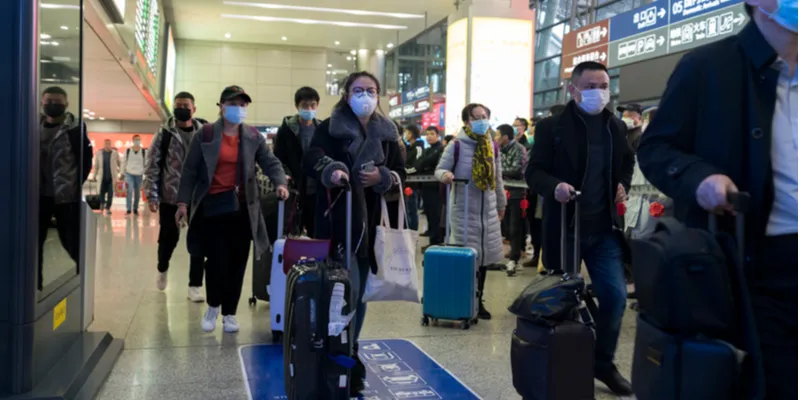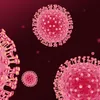How to avoid coronavirus and what to do if you have symptoms
Last week, the World Health Organisation (WHO) characterised COVID-19, or the novel coronavirus, as a global pandemic. Here are some tips on how to avoid it and what to do if you show symptoms.
The novel coronavirus has killed more than 6,500 people across the world and infected over 1,69,000, according to Johns Hopkins University, which is tracking cases reported by the WHO and additional sources.
Until Monday afternoon, India reported two deaths linked to coronavirus and 116 cases of confirmed infections.

How to avoid the novel coronavirus (COVID-19)
The Ministry of Health and Family Welfare, Government of India, has issued certain guidelines to avoid contracting the novel coronavirus.
The Dos:
- Frequent handwashing with soap and water or alcohol-based hand rub, even if they are visibly clean.
- Cover your nose with handkerchief/ tissue while sneezing or coughing.
- Throw used tissues immediately after use into a closed bin.
- Avoid participating in large gatherings.
- See a doctor if you feel unwell with symptoms such as “cough, fever, or difficulty in breathing”. When you visit the doctor cover your mouth and nose with a mask or cloth.
The Don’ts:
- Have close contact with anyone if you or they are experiencing cough and fever.
- Touch your eyes, nose, and mouth.
- Spit in public.
The novel coronavirus can cause a range of respiratory illnesses from the common cold to lung lesions and pneumonia.
YourStory spoke with Delhi-based pulmonologist Dr Partha Pratim Bose, who shared 10 tips to enhance the immune system amid the virus outbreak. Pulmonology focuses on the health of the respiratory system.
1. Drink lemon tea. Rich in Vitamin C, it boosts immunity.
2. Have a smoothie in the morning with Vitamin C-rich fruits. Include carrots for beta-carotene, tomatoes for lycopene, and add rock salt and mint for flavour. Do not add water.
3. Gargle with Betadine (Povidone-Iodine), undiluted or with equal volume of water, twice a day.
4. Hand wash with carbolic soap.
5. Use a hand sanitiser while travelling.
6. Get some sun for vitamin D; it enhances immunity.
7. Steam inhalation with a teabag, twice a day. Tea is rich in antioxidants.
8. Nasal irrigation to clean sinuses because the virus first settles in the upper airway.
9. High protein diet in the morning. Consider whey protein or home-made paneer (cottage cheese). Start your day with a handful of chana or Bengal gram.
10. Follow deep breathing exercises.
When to get tested for COVID-19
According to the Ministry of Health and Family Welfare, Government of India, you are not required to get tested for the novel coronavirus, if you do not have symptoms such as “cough, fever, or difficulty in breathing”.
But if you do display any of these symptoms and have travelled to any of the COVID-19 affected countries such as Italy, Iran, Republic of Korea, France, Spain, Germany, and UAE, or have come in contact with a laboratory-confirmed positive case of coronavirus, immediately get in touch with authorities.
You can do this by calling the state helpline numbers or the ministry’s 24X7 helpline (011-2397 8046). The helpline service will note down your details and contact you with testing protocols of COVID-19.

If you qualify as a case for testing as per the protocol, you will be tested at a government-approved lab only.
Following is the list of the 52 government-approved labs sourced from the Indian Council of Medical Research (ICMR).

(Edited by Teja Lele Desai)








